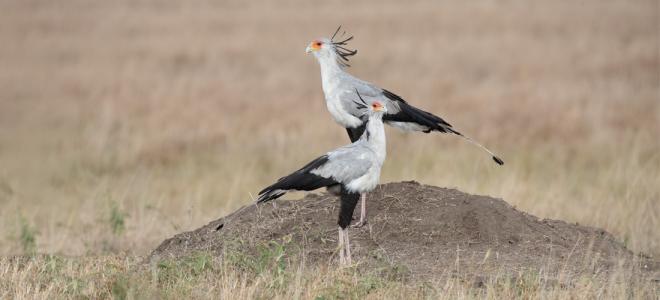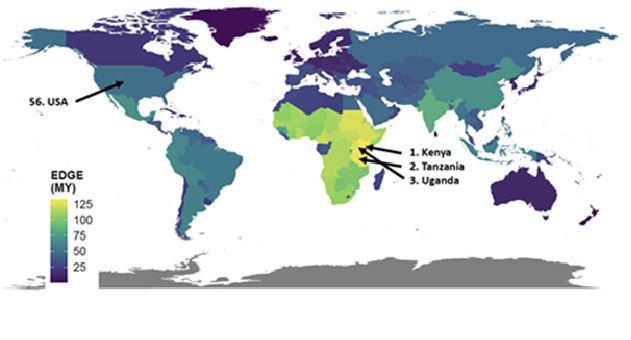African raptors are facing a population collapse and urgent action is necessary to prevent the extinction of many of these species.
A new collaborative study, co-led by The Peregrine Fund’s Africa Program Director Dr. Darcy Ogada, compared road surveys of raptors across Africa from 1969 to 2020. This research, published January 4th in the peer-reviewed journal Nature Ecology & Evolution, provided evidence of widespread population declines of African raptors over the past three decades. This article has received widespread coverage by the media, including National Geographic and The New York Times, as well as governmental and non-governmental conservation practitioners, such as the Convention of the Conservation of Migratory Species of Wild Animals and BirdLife International.
Using the EDGE metric (see paper here), we identified global priorities for raptor conservation. Africa stands out as the highest-priority continent for raptor conservation (map above), stressing the importance of immediate conservation action.
A combination of factors has led to this decline, such as habitat loss, persecution, poisoning, and electrocution.
Why should we care?
Raptors are bioindicators, meaning their population declines tell us when something could be negatively impacting the larger ecosystem. If we solve the underlying causes for these declines, then, in return, we will improve the health of other species, environments, and even local human communities.
We cannot say with certainty what would happen to ecosystems should these raptor species disappear since ecosystems are complex webs of interactions, but it is likely they would be greatly impacted.
Genetic variability within a population and ecosystem is important to persistence, so keeping genetically valuable raptor species around strengthens the resiliency of ecosystems.
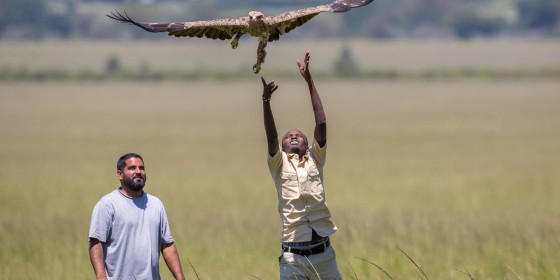
Ralph Buij
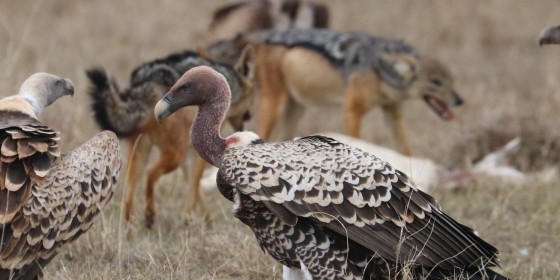
Darcy Ogada
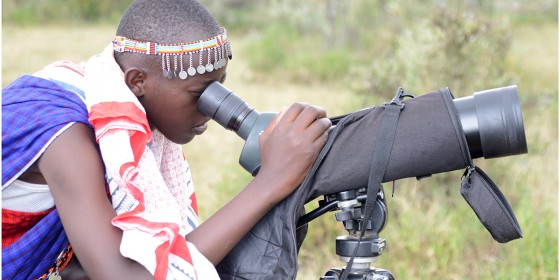
Munir Virani
